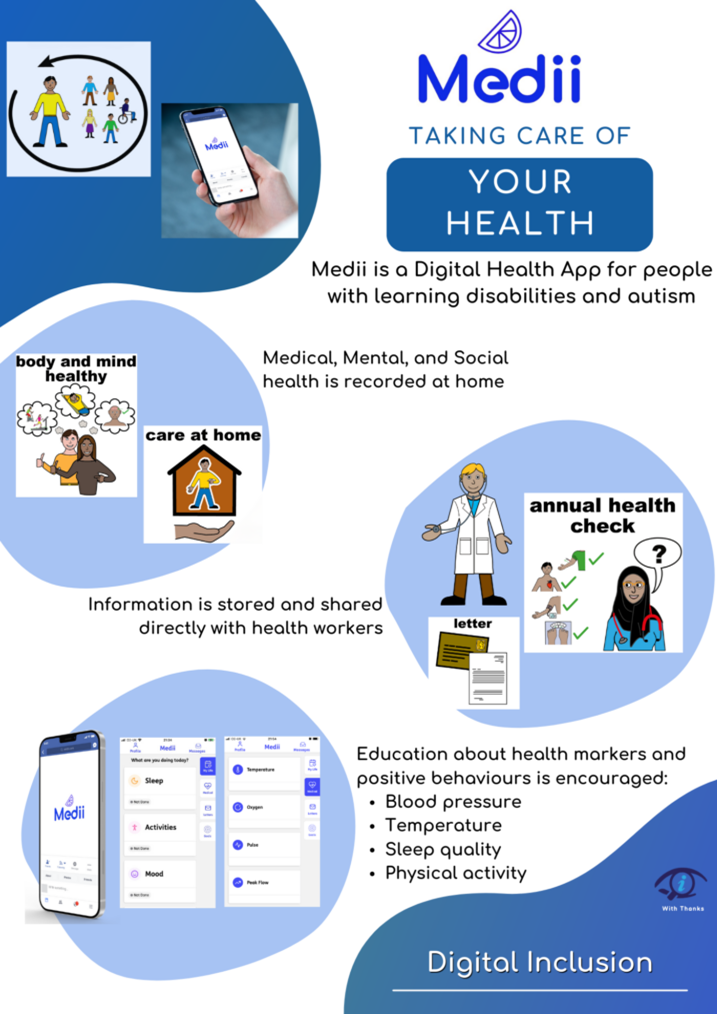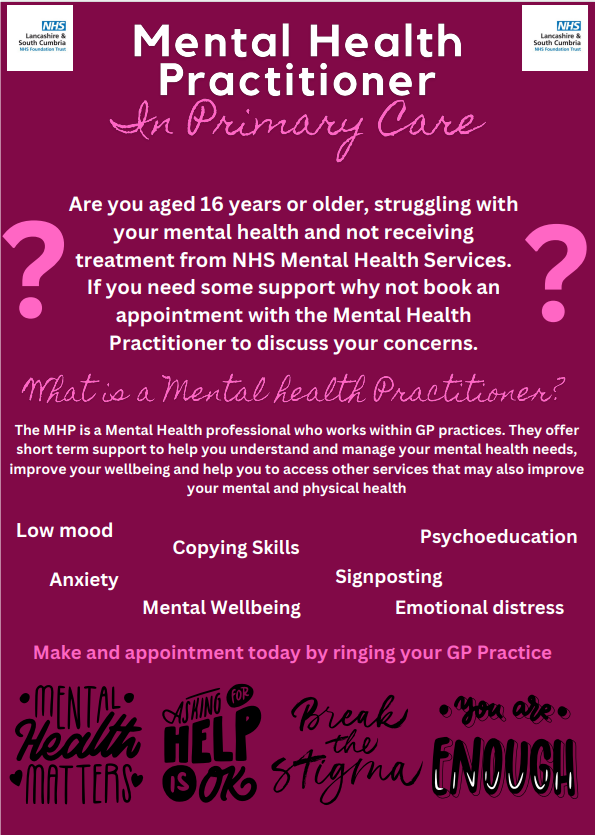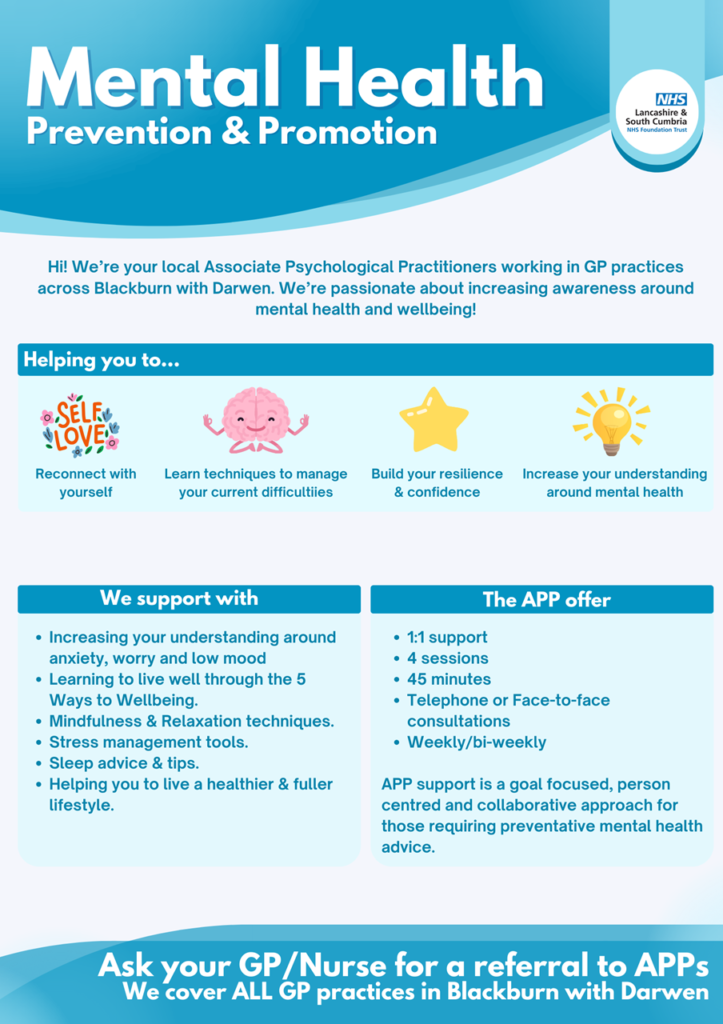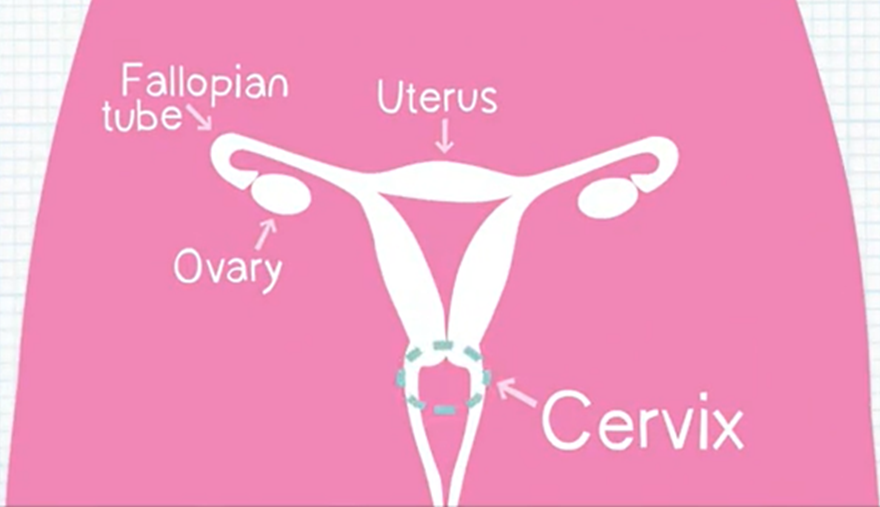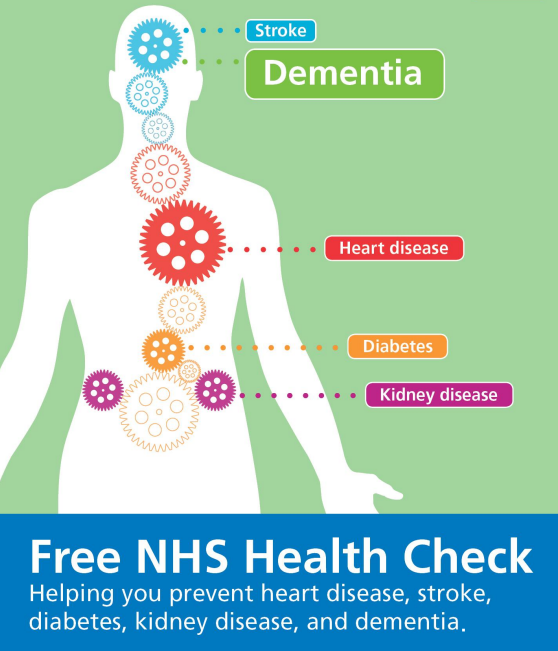Several services are available for pregnant individuals; including some that you are able to refer yourself to.
Maternity Services
Here to Help
Congratulations on your great news and we wish you all the best. Shifa Surgery Ltd are here to help all you new mothers as at times it may seem daunting.
Shifa Surgery Ltd will accommodate and support you through your pregnancy. We recommend you inform us as soon as possible to give you the best possible care.
Please click on the link for further information: Pregnancy – NHS (www.nhs.uk)
Found out you’re pregnant?
You can now book to access our maternity service through this website. You no longer need to book an appointment with your GP to access the maternity service, unless you have existing health problems. (If you are pregnant and do have existing health problems, please inform your GP so that they can review any medications that you are taking).
The Award-Winning Baby Buddy App
Our free multi-award-winning, interactive pregnancy and parenting app Baby Buddy has been created to support parents, co-parents and caregivers, and to back up frontline practitioners’ work and communication. Baby Buddy provides trusted, evidence-based information and self-care tools, based on the latest research and is NHS-approved.
Congratulations on your great news and we wish you all the best. Shifa Surgery Ltd are here to help all you new mothers as at times it may seem daunting.
Shifa Surgery Ltd will accommodate and support you through your pregnancy. We recommend you inform us as soon as possible to give you the best possible care.
Please click on the link for further information: Pregnancy – NHS (www.nhs.uk)
Found out you’re pregnant?
You can now book to access our maternity service through this website. You no longer need to book an appointment with your GP to access the maternity service, unless you have existing health problems. (If you are pregnant and do have existing health problems, please inform your GP so that they can review any medications that you are taking).
The Award-Winning Baby Buddy App
Our free multi-award-winning, interactive pregnancy and parenting app Baby Buddy has been created to support parents, co-parents and caregivers, and to back up frontline practitioners’ work and communication. Baby Buddy provides trusted, evidence-based information and self-care tools, based on the latest research and is NHS-approved.
Termination of Pregnancy
Early Pregnancy Termination
Finding out that you are pregnant can be a shock when it is unplanned. If you find out early on in pregnancy, you can get help to make the right decision.
Termination of pregnancy is the same as abortion. It is a process that brings an end to the pregnancy. This is achieved either by giving medication to you or by a surgical procedure.
Patients are able to self refer for Termination Of Pregnancy. You do not need an appointment with any health professional prior to contacting for termination.
You should contact Burnley General Hospital to organise an appointment on 01282 803 767. If you need to contact the service after having an appointment then you should contact 01282 804 276.
Please click on the link for further information Abortion – NHS (www.nhs.uk)
Finding out that you are pregnant can be a shock when it is unplanned. If you find out early on in pregnancy, you can get help to make the right decision.
Termination of pregnancy is the same as abortion. It is a process that brings an end to the pregnancy. This is achieved either by giving medication to you or by a surgical procedure.
Patients are able to self refer for Termination Of Pregnancy. You do not need an appointment with any health professional prior to contacting for termination.
You should contact Burnley General Hospital to organise an appointment on 01282 803 767. If you need to contact the service after having an appointment then you should contact 01282 804 276.
Please click on the link for further information Abortion – NHS (www.nhs.uk)
Baby Loss & Miscarriage Baby Loss Service
There are services out there to help you through this difficult time. Lancashire Mind offer gentle, compassionate care for families navigating the heartbreak of miscarriage, stillbirth, or infant loss. Emotional support is available for mums, dads, and wider family members—providing space to grieve, talk, and heal in your own time and way.
Baby Loss & Miscarriage Service – Lancashire Mind
Baby Loss & Miscarriage Service – Lancashire Mind
Parent Infant Relationship Support
The first two years with your new baby can be an exciting time, but it can also be confusing and not what you were expecting.
This can leave you with many questions which is very normal, but if you would like to speak to someone about the way you are feeling as a new parent, then there are parent infant therapists who may be able to help you, for free!
Therapists can help you to increase your confidence, reduce your stress and better enjoy your relationship with your baby by helping you build on the strengths you may not know you already have.
Blackburn with Darwen Family Hubs are working in partnership with Blackpool Teaching Hospitals Parent Infant Relationship Service (PaIRS) to provide this brand new support for families with children from late pregnancy until the child’s second birthday.
Please see attached the poster for more information, here is the link to more information and the referral form: Parent and Infant Relationship Service (PaIRS) | Family Hubs
This can leave you with many questions which is very normal, but if you would like to speak to someone about the way you are feeling as a new parent, then there are parent infant therapists who may be able to help you, for free!
Therapists can help you to increase your confidence, reduce your stress and better enjoy your relationship with your baby by helping you build on the strengths you may not know you already have.
Blackburn with Darwen Family Hubs are working in partnership with Blackpool Teaching Hospitals Parent Infant Relationship Service (PaIRS) to provide this brand new support for families with children from late pregnancy until the child’s second birthday.
Please see attached the poster for more information, here is the link to more information and the referral form: Parent and Infant Relationship Service (PaIRS) | Family Hubs
Mental Health Support
Becoming a new parent is a wonderful but challenging experience. It can be a time of great joy, but it can also be a time of great stress and anxiety.
It’s just as important to take care of your mental health as it is to look after our physical health.
There is a lot of support available, both in person, online and over the phone. There is even help available to you which can be accessed by a self referral.
Please click on the link for further information: Mental health support | Family Hubs
It’s just as important to take care of your mental health as it is to look after our physical health.
There is a lot of support available, both in person, online and over the phone. There is even help available to you which can be accessed by a self referral.
Please click on the link for further information: Mental health support | Family Hubs

